Dear Readers,
AI plays a crucial role in our blog, helping us manage our time more effectively to keep the content flowing. While AI assists with content creation, which may lead to occasional spelling or grammar errors, our primary goal remains clear: to deliver meaningful insights to you. For important matters, please consult a specialist.
Thank you for your understanding and support.
Best regards,
Education.com.cy
Summary
This article explores the pivotal role of communication and the digital world in shaping an artist’s relationship with their audience. It delves into the ways artists can leverage digital tools and platforms to enhance their communication, build a strong personal brand, and engage effectively with their audience. The article also examines the ethical considerations of using psychometric tools and social media analytics. Practical insights and strategies are provided for educators and parents to support young artists in navigating the digital landscape.
Introduction
In today’s digital age, the relationship between artists and their audience has transformed dramatically. The advent of social media, digital marketing, and online platforms has opened up new avenues for artists to communicate and connect with their fans. Understanding the role of communication and the digital world is crucial for artists to build a loyal audience, promote their work, and sustain a successful career. This article aims to provide a comprehensive guide on how artists can effectively use digital tools to enhance their communication and engagement with their audience.
Main Sections
- The Evolution of Communication in the Arts
The way artists communicate with their audience has evolved significantly over the years. Traditional methods such as live performances and media interviews have been supplemented by digital platforms like social media, blogs, and video channels. These platforms offer artists the opportunity to share their creative process, interact with fans in real-time, and receive immediate feedback.
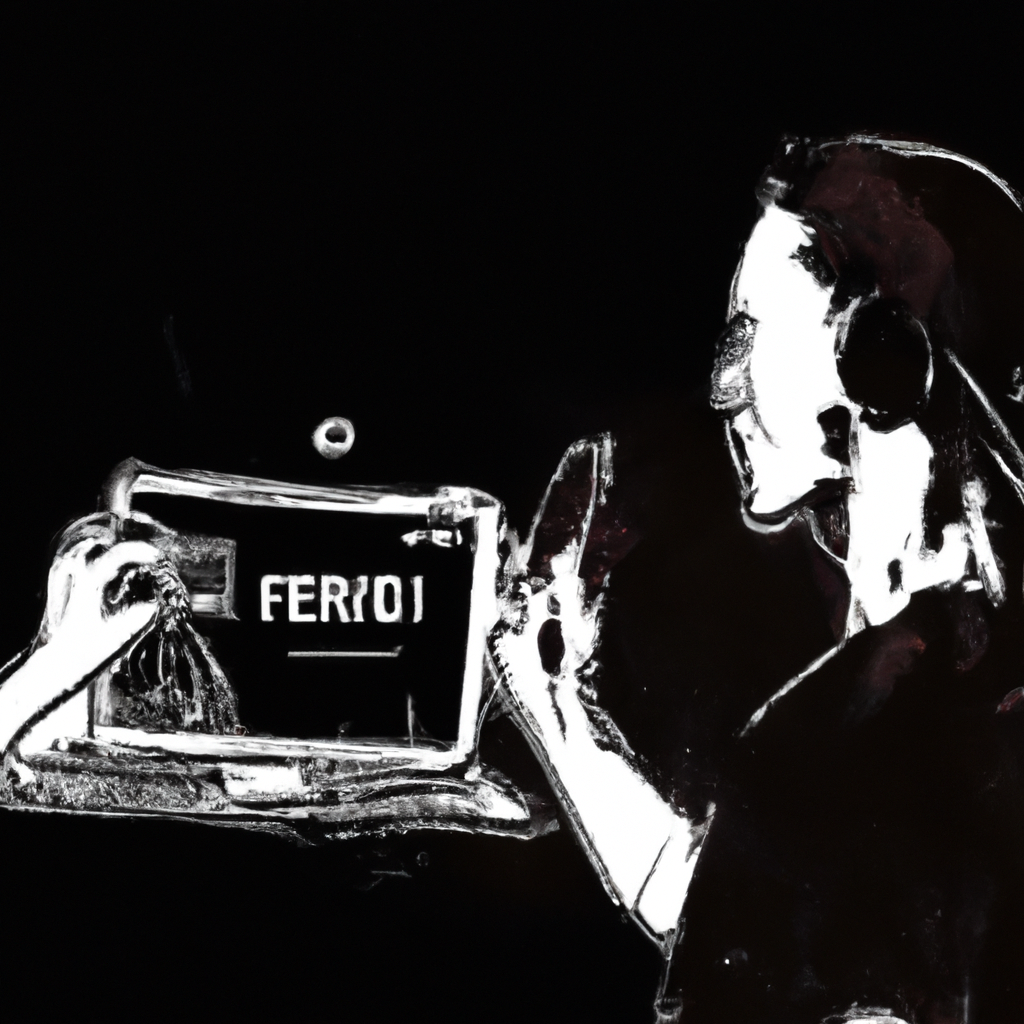
-
Digital Platforms and Their Impact on Artist-Audience Relationships
-
Social Media: Platforms like Instagram, Twitter, and Facebook have revolutionized how artists interact with their audience. Artists can share updates, behind-the-scenes content, and personal stories, creating a more intimate connection with their fans.
-
Streaming Services: Services like Spotify and YouTube have made it easier for artists to reach a global audience. These platforms allow artists to share their music and videos, receive feedback, and analyze audience engagement.
-
Online Communities: Forums, fan clubs, and other online communities provide a space for fans to connect with each other and the artist. These communities foster a sense of belonging and loyalty among fans.
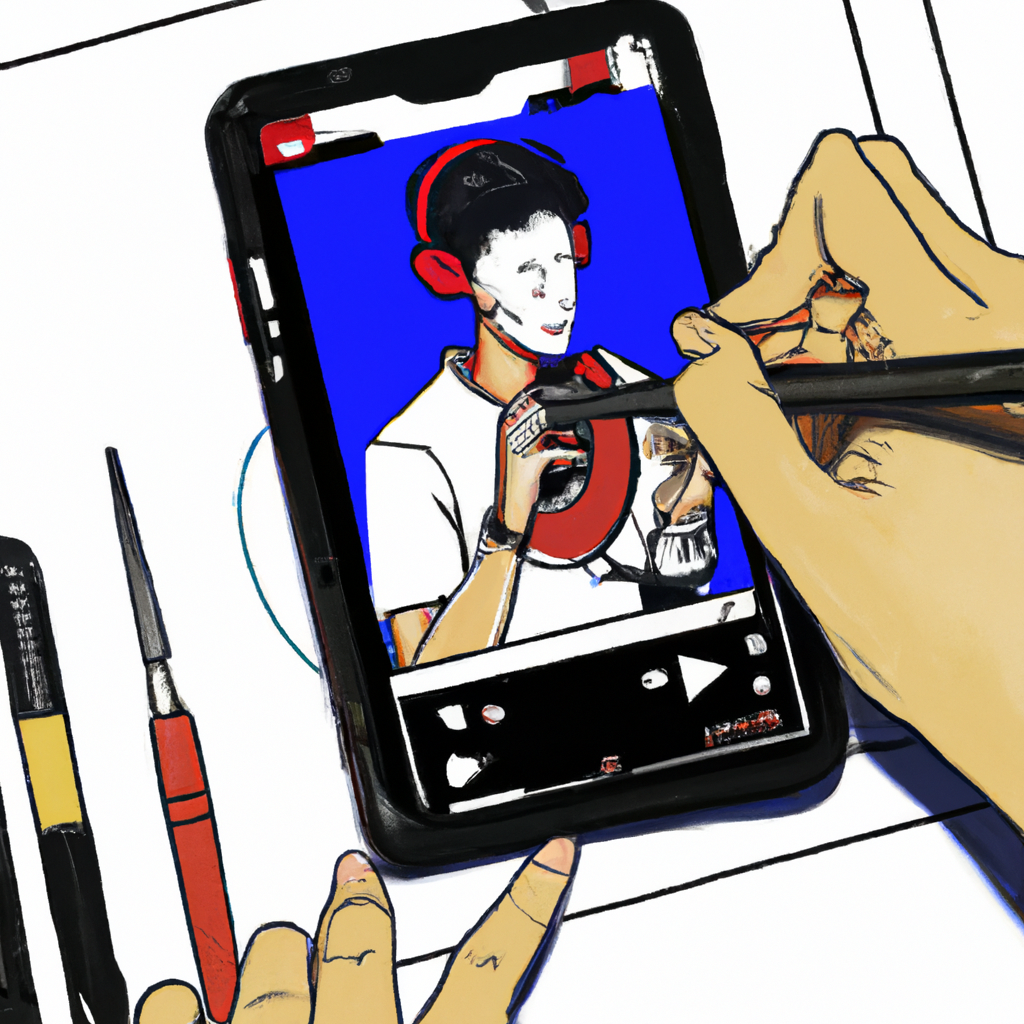
Find out how the strategies discussed in the article
"How Teaching a Song Can Improve Your Child’s Learning and Well-Being"can help address internet addiction in children and teens.
-
Psychometric Tools and Social Media Analytics
-
Ethical Uses: Psychometric tools and social media analytics can provide valuable insights into audience behavior and preferences. Artists can use this data to tailor their content and engagement strategies to better meet the needs and interests of their audience.
-
Unethical Uses: It’s important for artists to use these tools ethically and avoid manipulating or exploiting their audience. Respecting audience privacy and autonomy is crucial for maintaining trust and authenticity.
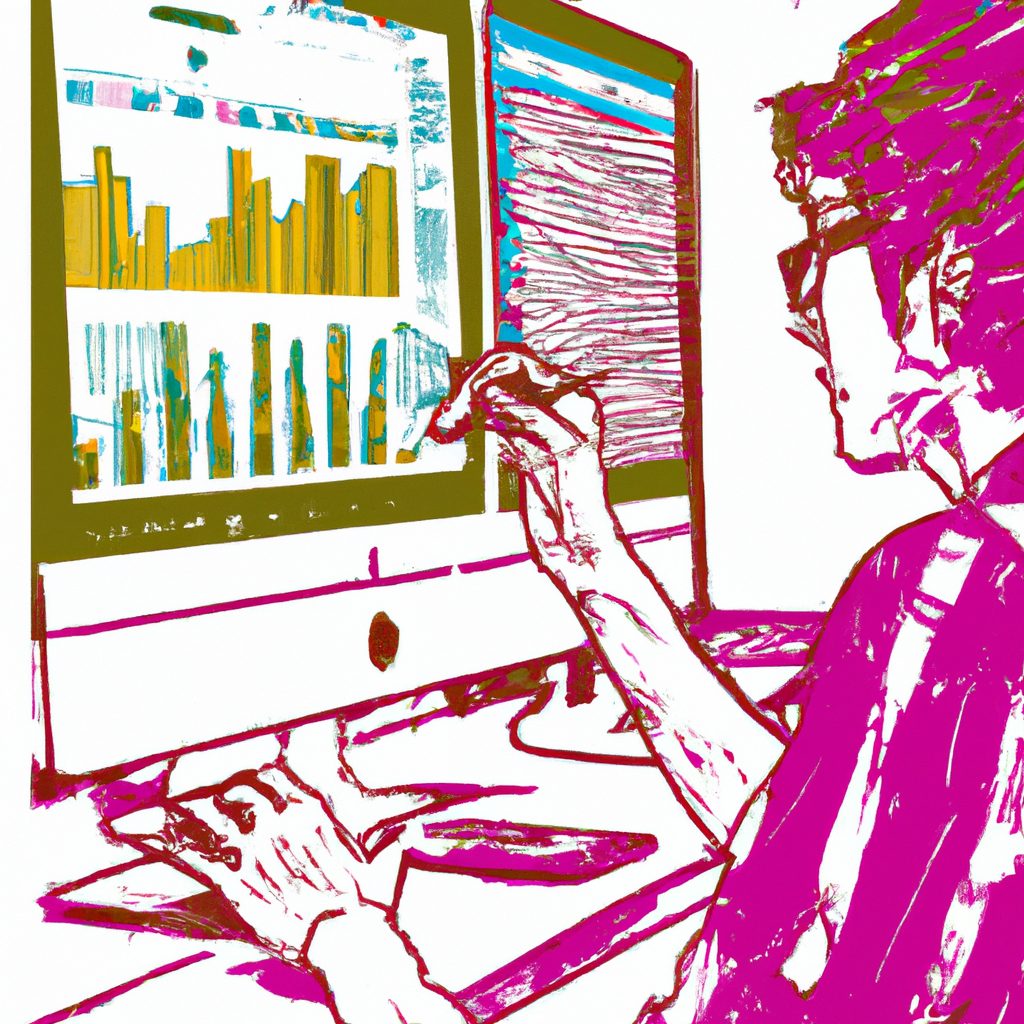
-
Case Studies
-
Successful Artist-Audience Engagement: Examples of artists who have effectively used digital tools to build strong relationships with their audience. These case studies highlight the strategies and techniques that have worked well for these artists.
-
Missteps and Lessons Learned: Instances where digital strategies have backfired and the lessons that can be drawn from these experiences. These case studies provide valuable insights into what to avoid and how to recover from mistakes.

-
Strategies for Artists
-
Building a Personal Brand: Tips for creating a unique and authentic personal brand. This includes developing a consistent online presence, engaging with the audience, and sharing personal stories and experiences.
-
Effective Communication Techniques: Best practices for engaging with audiences across different digital platforms. This includes using a conversational tone, responding to comments and messages, and creating interactive content.
-
Leveraging Digital Marketing: Strategies for using digital marketing to promote music and connect with fans. This includes using targeted ads, collaborating with influencers, and creating engaging content.
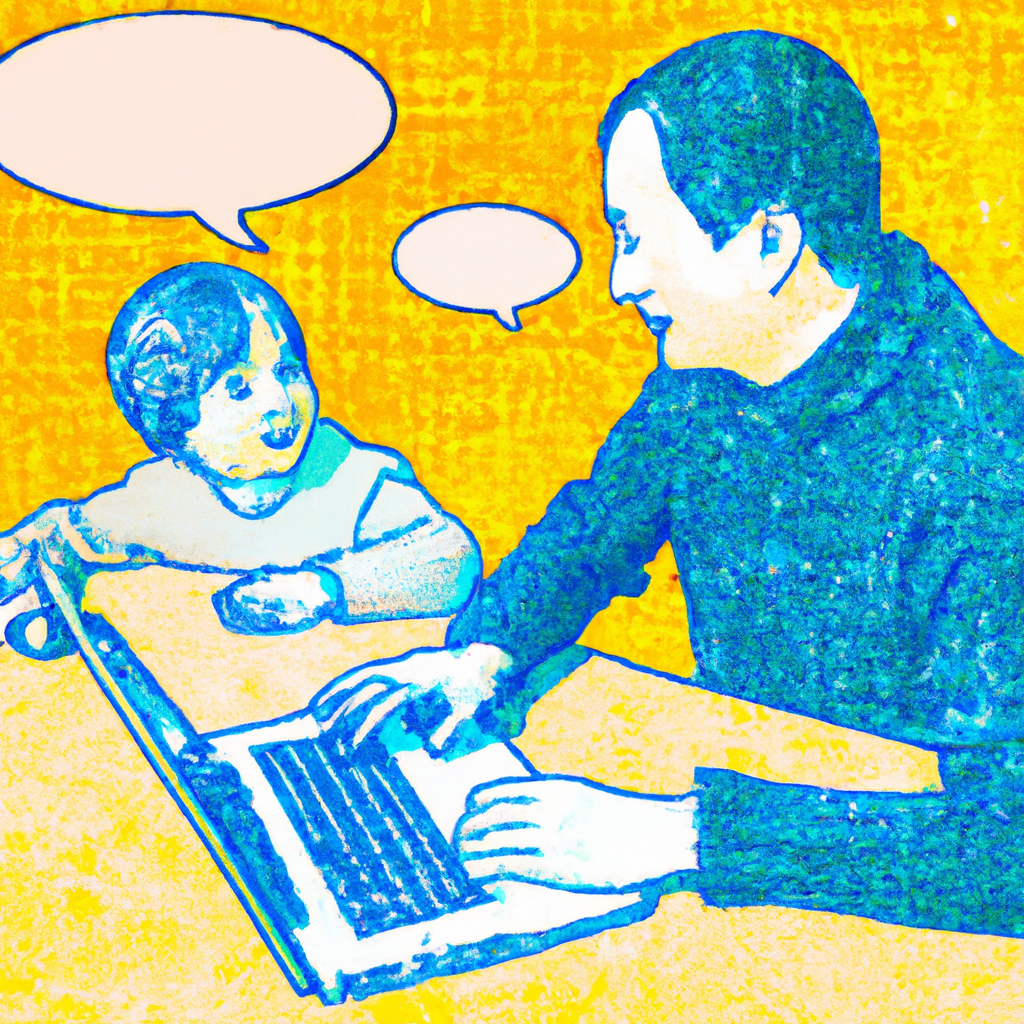
Conclusion
In conclusion, the digital world offers immense opportunities for artists to communicate and connect with their audience. By building a strong personal brand, leveraging social media effectively, and using psychometric tools ethically, artists can enhance their engagement and sustain a successful career. Educators and parents can support young artists by providing guidance and fostering a healthy digital environment. Embracing these strategies will help artists navigate the digital landscape with confidence and authenticity.
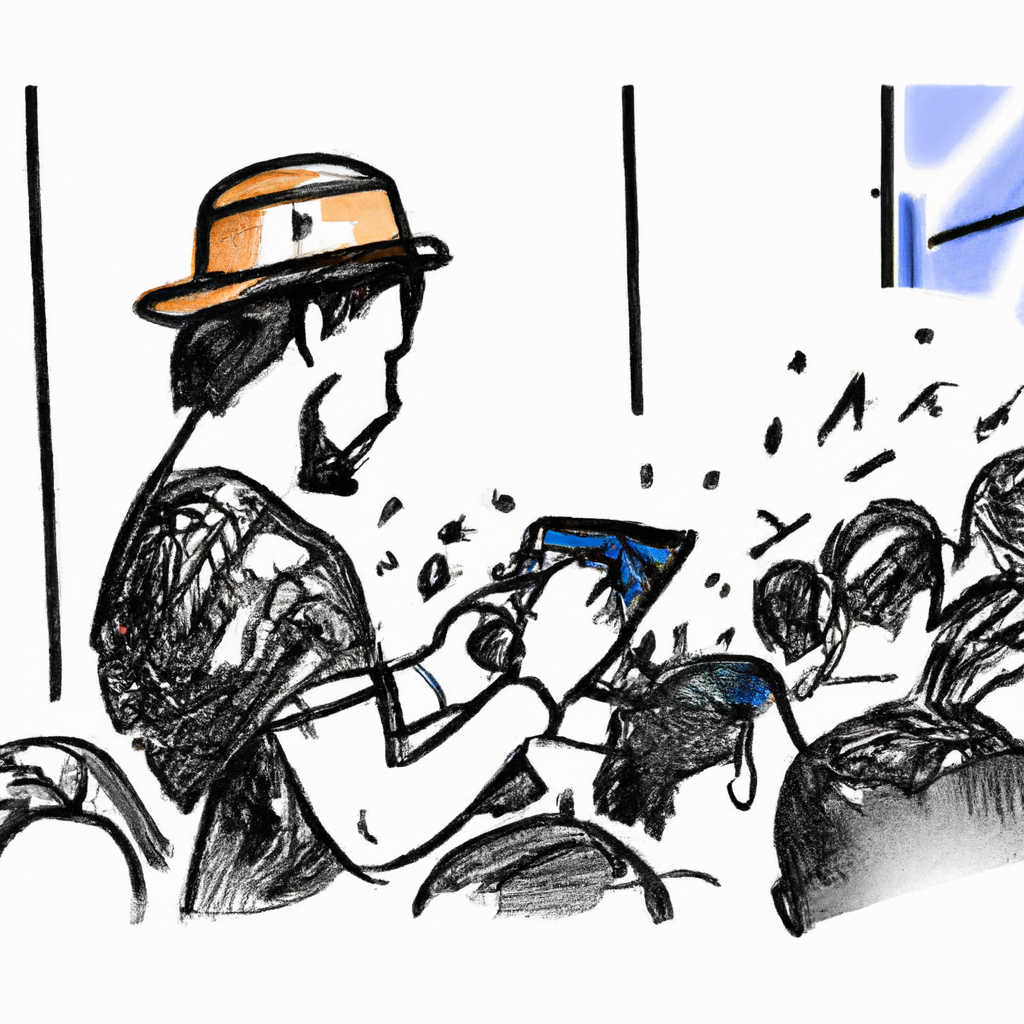
Thank you for reading our article on The Role of Communication and the Digital World in an Artist’s Relationship with Their Audience. We highly value your feedback and invite you to take a brief survey to share your thoughts and experiences. Your responses will be kept confidential.
Dear Readers,
Welcome to my blog, where technology, music, and visual arts come together to spark creativity and growth. By subscribing, you’ll become part of a vibrant community committed to exploring and learning in these areas.
Select the type of engagement that suits you best:
Join us and enjoy tailored content and direct support suited to your interests.
Confidentiality Statement: Your responses will be kept confidential and used solely for the purpose of improving our content and resources. We will not share your personal information with any third parties.
